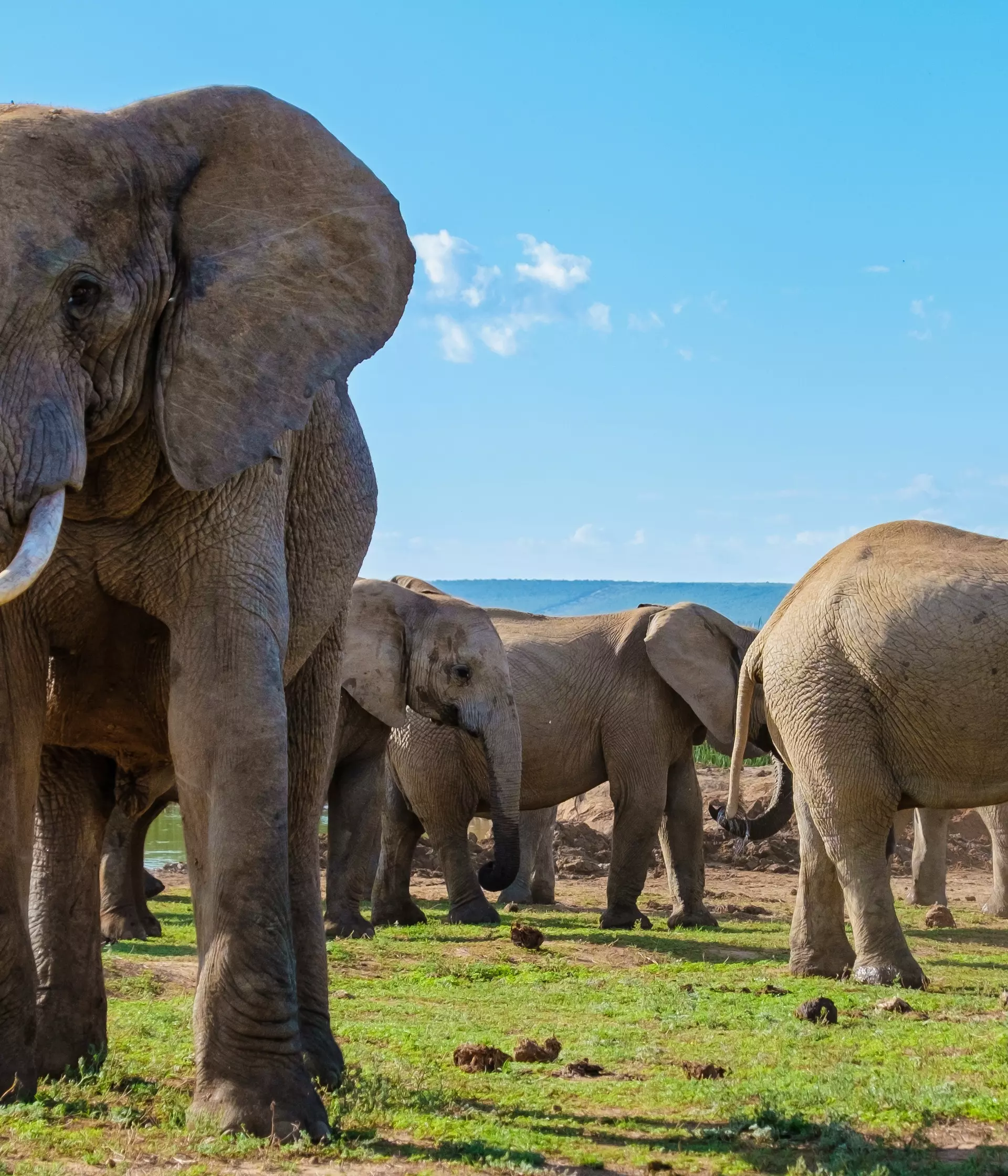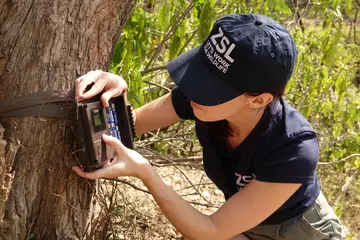
Our conservationists are working around the world to uphold the UN’s Sustainable Development Goals (SDGs) and put wildlife at the heart of the big decisions made by governments on climate change.
As a member of ZSL, here are 6 ways you’re helping to save the world by supporting us!
1. Gadgets for Good
Our tech experts are working with Google to fight against the illegal wildlife trade. Recent inventions include thermal cameras that can automatically detect elephants, and acoustic sensors that recognise gunfire. Find out more.

2. Tigers and Rhinos on the rise
We’ve been working with the Nepali government and indigenous communities to protect Bengal tigers and greater one-horned rhinos for over two decades. And it’s a roaring success – recent population counts show both tigers and rhinos are on the up! Find out more.
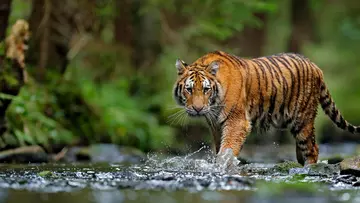
3. Rallying for Rangers
We’re a founding partner of the Universal Ranger Support Alliance, a group calling for support of the men and women on the front line of wildlife protection. We also support rangers in Kenya, Benin, Mongolia, and Cameroon. Find out more.
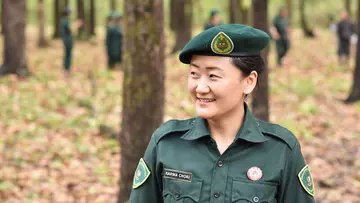
4. Coral Champions
We are working in the Chagos Archipelago to protect one of the world’s largest coral reefs and learn more about its inhabitants, like reef sharks. At London Zoo, we’ve just opened a new coral reef zone to protect rare species of coral. Find out more.
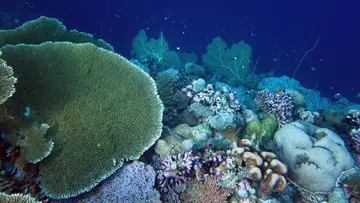
5. The Magic of Mangroves
We work with fishing communities in Mozambique and the Philippines to plant new mangrove forests. Mangroves provide safe nurseries for young fish, protect communities from ocean storms and are fantastic at sucking up carbon – win-win! Find out more.
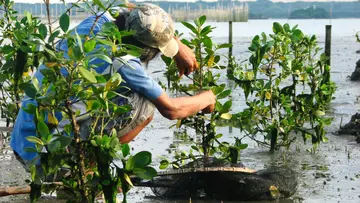
6. Saving the Superheroes
We’re reintroducing native oyster species up and down the UK coastline after their numbers fell to just 5%. They might be humble, but oysters are superheroes. Each one filters 200 litres of water per day – imagine what restoring whole oyster reefs could do for our oceans! Find out more.
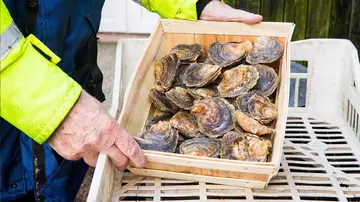
If you'd like to support our work at ZSL further, donate today.
Find out more about the United Nation’s Sustainable Development Goals.
